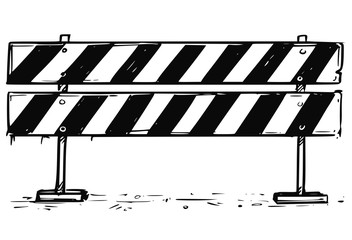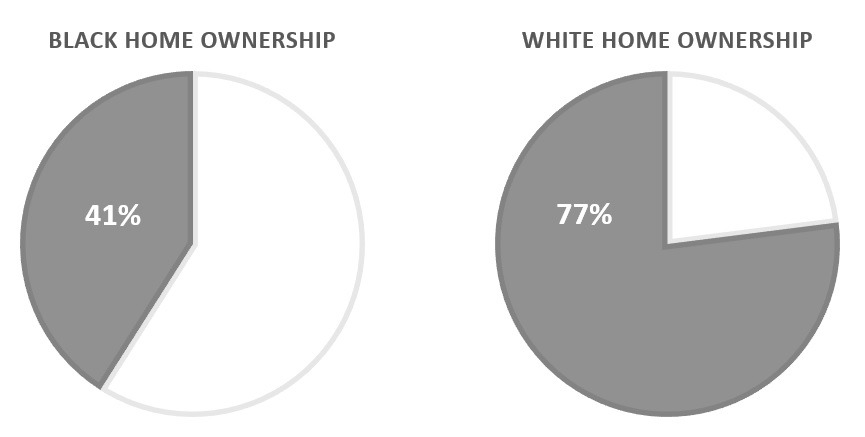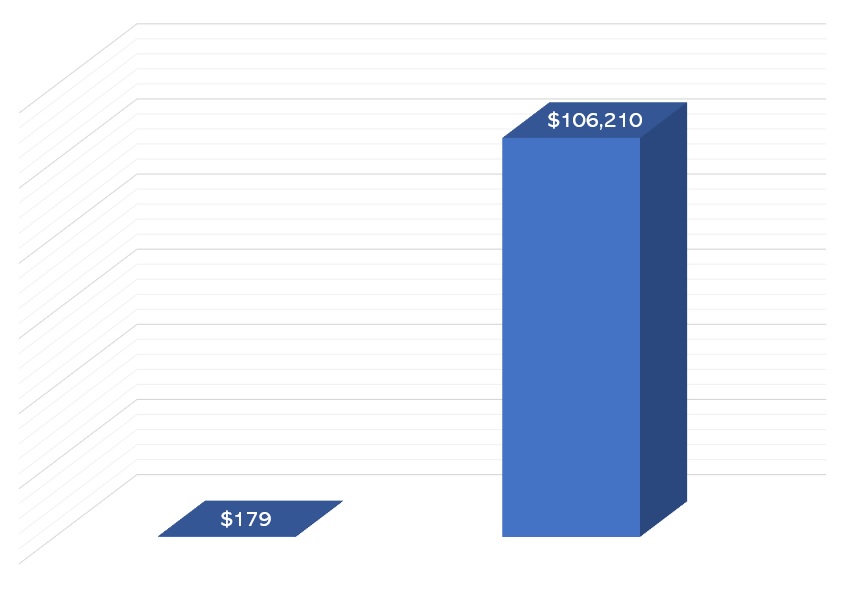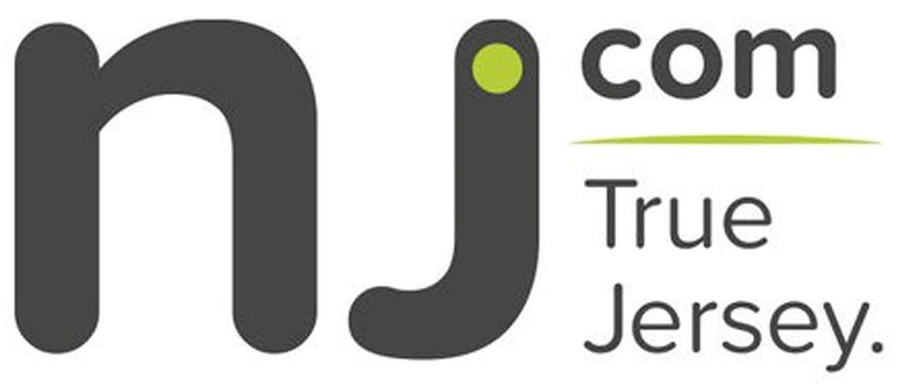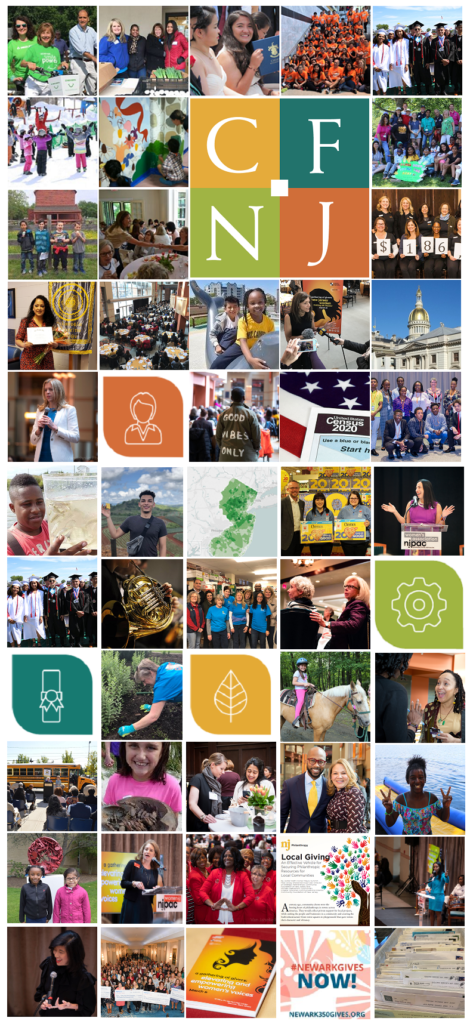Rooted in a history of segregation and systemic disadvantages, economic exclusion is an acute economic disadvantage that occurs over a lifetime or even across generations, preventing individuals and their children from improving their economic circumstances and overall lives.
Economic exclusion is a focus of the Community Foundation of New Jersey’s grantmaking, which is why we are sharing detailed information with fundholders on both its impact across New Jersey communities and the interventions best able to overcome it.
Economic exclusion is multidimensional and impacts all areas of life. The Urban Institute identified four primary dimensions of economic exclusion.
Economic vulnerability refers to when households lack assets to protect themselves from financial emergencies, such as a healthcare crisis, unexpected emergency costs, or job loss. Global events such as the pandemic, the erosion of social safety nets, and widening income gap between wealthy and poor individuals, especially in cities, only further expose minority populations to greater financial risk.
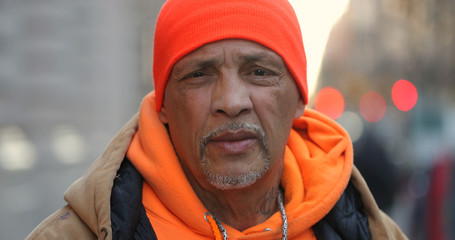 While these dimensions are distinct, and an individual may face more of one dimension than another, they influence and reinforce one another. For instance, the lack of consistent hours and perpetually low wages from poor-quality jobs results in families not having the capacity to save up in the event of an emergency, thus increasing economic vulnerability. These poor-quality jobs and inability to access opportunity stem from labor market exclusion, which in turn only perpetuates the cycle of an individual’s inability to access better jobs. Even if a specific household has job security, living in a neighborhood with a dearth of economic opportunities makes it difficult to overcome economic exclusion as a whole.
While these dimensions are distinct, and an individual may face more of one dimension than another, they influence and reinforce one another. For instance, the lack of consistent hours and perpetually low wages from poor-quality jobs results in families not having the capacity to save up in the event of an emergency, thus increasing economic vulnerability. These poor-quality jobs and inability to access opportunity stem from labor market exclusion, which in turn only perpetuates the cycle of an individual’s inability to access better jobs. Even if a specific household has job security, living in a neighborhood with a dearth of economic opportunities makes it difficult to overcome economic exclusion as a whole.
Economic exclusion is exacerbated by racial segregation. Historic practices of redlining, in which predominantly Black communities have been intentionally excluded from mortgages and insurance, leads to a systemic denial of opportunity (the third dimension of economic exclusion) for Black residents living within these red lines.
Today, 77 percent of white residents in New Jersey own homes, compared to 41 percent of Black residents. Economic vulnerability, which was exacerbated by the COVID-19 pandemic and subsequent economic downturn, has long existed in New Jersey – 46 percent of New Jersey’s Black and Latino residents had no savings during times of need.
Black and Latino workers were disproportionately overrepresented in poor-quality jobs, so when the pandemic began these communities were hit the hardest and faced the most layoffs. In the second quarter of 2020, almost one-fifth (18.3%) of New Jersey’s Black workforce was unemployed. Facing poor-quality jobs, labor market exclusion, economic vulnerability, and lack of opportunities, the pandemic exposed (but did not cause) the rates of economic exclusion faced by minority communities in New Jersey. Economic exclusion is perhaps best represented by median net worth — the median net worth for Black and Latino individuals in New Jersey is $179, a stark contrast to the $106,210 for white, non-Hispanic individuals.
New Jersey’s vast racial wealth gap is no accident | Opinion
Over fifty years ago, Dr. Martin Luther King Jr. told us about the Two Americas: “One America is … overflowing with the milk of prosperity and the honey of opportunity.”
In the “other America,” said Dr. King, “millions… find themselves perishing on a lonely island of poverty in the midst of a vast ocean of material prosperity.”
Just as the two Americas still largely exist, there are also two New Jerseys.
Read the full op-ed on NJ.com.
The author, Andrea McChristian, is the law & policy director for the New Jersey Institute for Social Justice.
At the Community Foundation of New Jersey we are working with proven nonprofit partners to identify interventions that break the cycle of exclusion and empower the excluded to achieve what is their right: economic inclusion. Please follow along in the coming months as we share detailed information on ways you can join us in this work.
The Community Foundation of New Jersey defines economic inclusion as:
Pathways to creating wealth that include but are not limited to access to affordable quality education, access to fair housing and lending practices that enable families to save, build assets, gain access to capital to start businesses, obtain mortgages to purchase homes, and save for retirement.
Newark Guaranteed Income
CFNJ serves as the fiscal sponsor for the Newark Movement for Economic Equity, a two-year research study that will give a guaranteed income, or unconditional cash payments, to Newark residents. The city will start with an initial cohort of 30 residents before scaling to 400 residents in Fall 2021. In the past twenty years, Newark’s median income has declined by 10% and it is significantly lower than the national rate.
Newark Working Kitchens
Audible launched Newark Working Kitchens (NWK), a fund at the Community Foundation, to help feed Newark residents in need and frontline healthcare workers while keeping local restaurants open and retaining jobs during the COVID-19 pandemic. Newark Working Kitchens is committed to keeping the city healthy, strong, and at work.
Thank you for your continued generosity.
For information on how to establish a fund:
Hans Dekker, President
hdekker@cfnj.org
Jordan Glatt, Director of Strategic Partnerships
jglatt@cfnj.org
For general information on the Foundation:
Faith Krueger, Chief Operating Officer
fkrueger@cfnj.org
For information on grants and programming:
Madeline Rivera, Program Officer
mrivera@cfnj.org
For information on investment and financial matters:
Carolyn Lange, Chief Financial Officer
clange@cfnj.org
For information on strategic partnerships:
Jordan Glatt, Director of Strategic Partnerships
jglatt@cfnj.org
To make a grant from a donor advised fund:
Viridiana Solis Roman, Donor Services
vsolis@cfnj.org
Mailing Address:
Post Office Box 338
Morristown, NJ 07963-0338
Shipping Address:
35 Knox Hill Road
Morristown, NJ 07960
Phone: 973.267.5533
Fax: 973.267.2903

